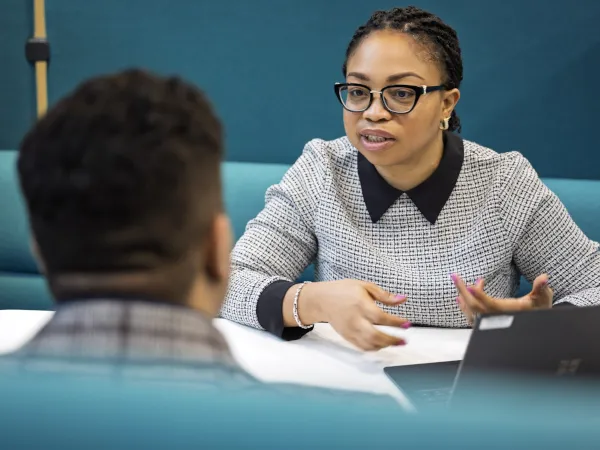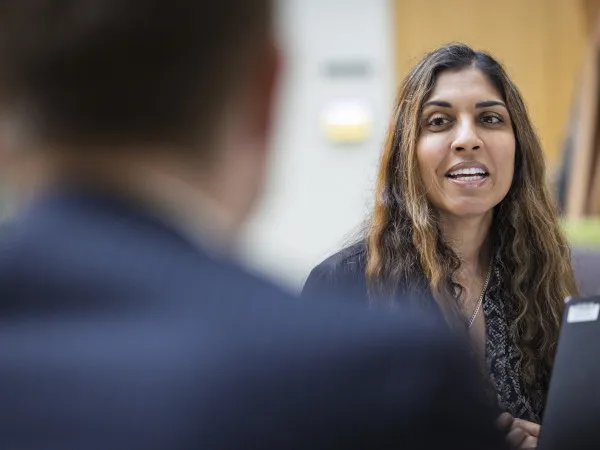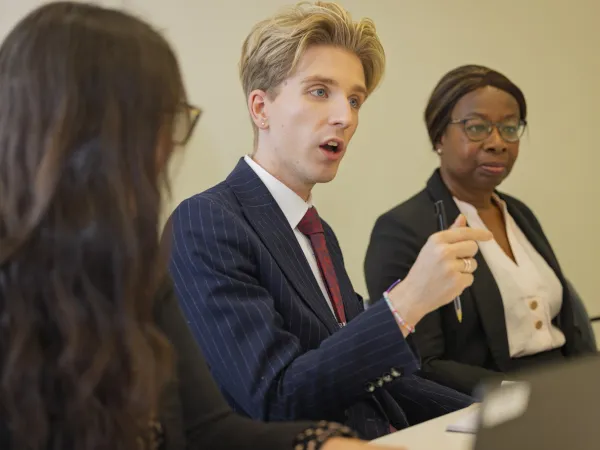Information and support for victims
We know that being a victim or witness to a crime can be difficult. We know that the criminal justice system can be confusing. We want you to feel as supported as possible throughout the process.
We will treat you with respect and do our best to make things simple for you. Your experience is important to us – and to all criminal justice agencies (such as the police and courts service).
In this part of our website, we explain what happens in a criminal case. Our guides cover the whole process, not just the part that sits with us as the Crown Prosecution Service. They explain what happens when you report the crime to the police, what happens when the case comes to us, and what happens at court – through to the verdict, sentencing, and any appeals.
We also explain our role in depth, and what you can expect from us.
We’re working hard to improve the service we provide to victims of crime. Find out more about what we are doing on our Victims Programme page.
Information for victims
We have two guides for victims of crime. One guide is for victims of most crimes we deal with. The other is specifically for victims of rape and serious sexual assault. Choose the guide that is right for you.
We also have Easy Read versions of these guides. These use simpler words and pictures.
Special measures - helping you give your evidence
Lots of victims and witnesses feel nervous about giving evidence in court. We’ve made a series of videos to explain what ‘special measures’ are. These are things we can ask for to help you feel more comfortable. If you have special measures, they can change how, when and where you give your evidence. Find these videos in both guides below.

Information for victims
If you have been a victim of crime, our guide for victims explains your rights and what happens when your case comes to us.
Specific information for victims of rape and serious sexual offences
If you have been a victim of rape or sexual assault, there is extra support available to help you through the criminal justice system. Our guide for victims of rape and sexual assault explains your rights and what happens when your case comes to us.
Easy Read version of the guide
Read the Guide for victims of rape and serious sexual assault
Support for victims - who to speak to
There are several sources of help and support for people who have been victims of crime. We have put together details on the various organisations and resources that you can use.
Special measures
We know that giving evidence in court can feel daunting. Special measures are things we can do to help you feel more comfortable. We can change how, when and where you give your evidence. We have made some videos to explain what special measures are.
What victims can expect from us
This page explains what you can expect from the Crown Prosecution Service: our relationship to you, the way we will treat you, and how we’ll assist you through the criminal prosecution process.
Related information
The Victims' Code
When going through the criminal justice process, victims have twelve rights. They’re set out in what’s called the Victims’ Code. The Victims’ Code says how you should be treated by criminal justice agencies in England and Wales.
How we support bereaved families
If you have been bereaved as a result of a crime, we will give you extra support throughout the legal process.
We will offer to meet with you at important times, including:
- when we explain why we decided to charge someone with a crime
- while your case goes through the courts
- if your case goes to the Court of Appeal
Our prosecutors will keep you informed about what is happening and answer your questions. You can bring a family member or friend to support you at these meetings.
We understand this is an incredibly difficult time for you and your family. Our enhanced service is designed to help you understand the legal process and ensure you receive the support you need.
Deaths in custody
When someone dies while in police custody or prison, the police or other investigators will collect evidence to understand how the person died. If they find evidence that suggests someone committed a crime, they will send this evidence to us at the Crown Prosecution Service (CPS).
We look at all the evidence and decide:
- whether there is enough evidence to charge someone with a crime
- what charges are appropriate
- If we decide to charge someone, we will take the case to court and present the evidence against them.
We understand how difficult this process can be for families. We are committed to handling these cases carefully and keeping you informed about what is happening.

